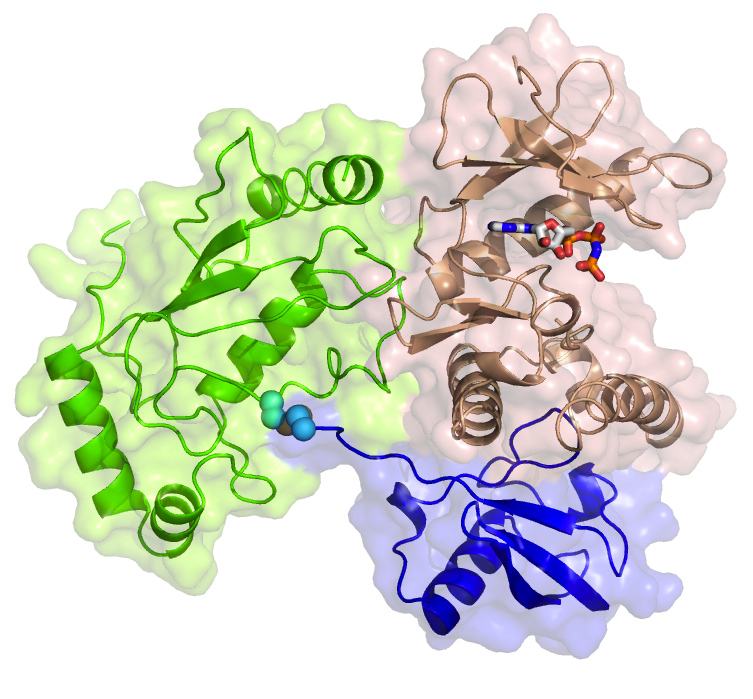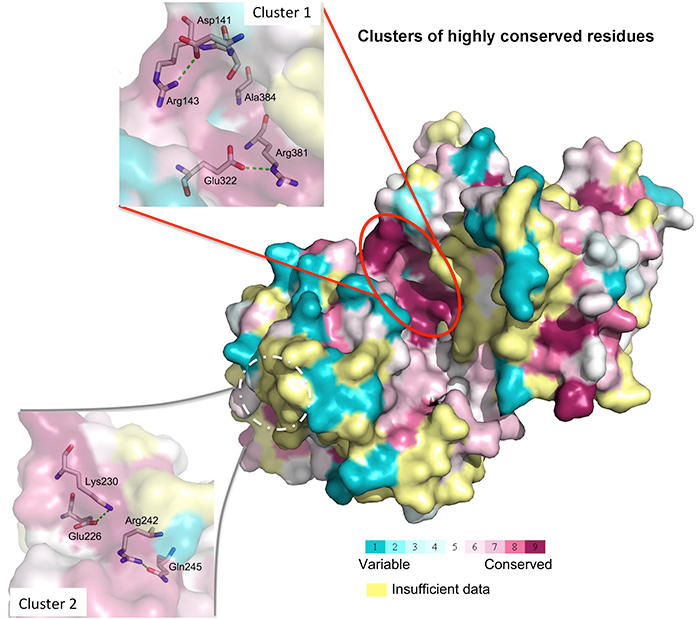Infectious microbial diseases remain a persistent public health problem, causing significant loss of life and high economic costs, despite the availability of new vaccines for their prevention and an array of antibiotics for treatment. The problem of ever increasing bacterial resistance to antibiotics continues to grow, and represents an enormous challenge to the biomedical community. To address this persistent health threat, expanding our molecular level understanding of host-pathogen interactions is urgently needed. Our main goal is to provide a molecular basis for understanding the processes underlying bacterial infection and, in particular, the interaction between bacterial pathogens and their host, emphasizing the invasiveness and survival within host macrophages and epithelial cells. Structural biology plays an essential role in attaining this level of understanding and translating the macroscopic view of host-pathogen interactions into a three-dimensional picture of molecules in action. We will apply our well established structure determination pipeline and expertise in protein-protein interactions developed during the previous grant cycle to the investigation and characterization of intracellularly injected proteins (effectors) and their interactions with host proteins. Our methodology is ideally suited to investigate host-pathogen interactions at the molecular level. We will pursue functional roles of effectors, their interactions with host proteins and three-dimensional structures of the effectors and effector-target complexes essential for bacterial virulence.
Here is one example, a complex between the effector kinase OspG and the UbcH7 ubiquitin conjugating enzyme with ubiquitin.

Another example is the Legionella effector LpiR1 (lpg0634) which is stabilized by Mn2+ and binds phosphate group. This effector might be involved in recognition of phosphyrated sites in host protein or interact with phospholipids.


